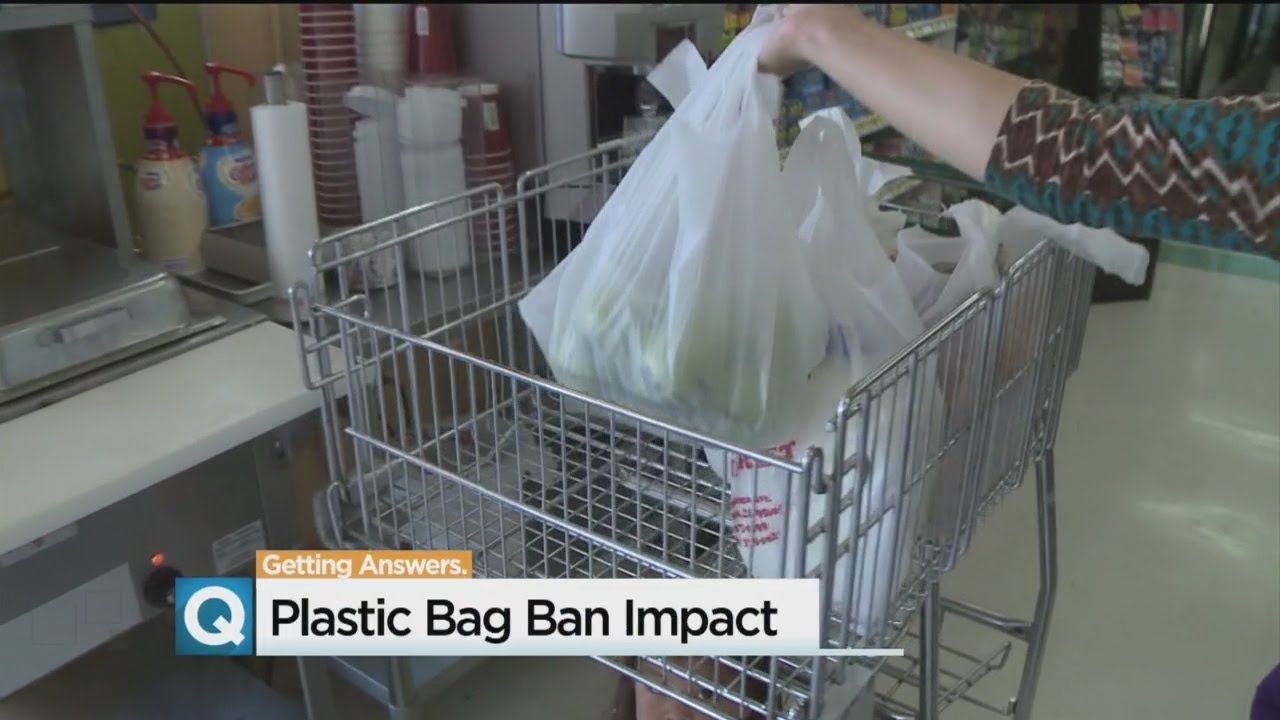A global plastic waste crisis is building, with major implications for health and the environment. Under its so-called “National Sword” policy, China has sharply reduced imports of foreign scrap materials. As a result, piles of plastic waste are building up in ports and recycling facilities across the United States.
In response, support is growing nationally and worldwide for banning or restricting single-use consumer plastics, such as straws and grocery bags. These efforts are also spurred by chilling findings about how micro-plastics travel through oceans and waterways and up the food chain.
I have studied global trade in hazardous wastes for many years and am currently completing a book on the global politics of waste. In my view, today’s unprecedented level of public concern is an opportunity to innovate. There is growing interest in improving plastic recycling in the United States. This means getting consumers to clean and sort recyclables, investing in better technologies for sorting and reusing waste plastics, and creating incentives for producers to buy and use recycled plastic.
